We delve into the controversial world of Video Assistant Referee and explore its impact on the sport you love.
Football, "the beautiful game," has always been characterized by its flow, passion, and sometimes, its raw human error. But in recent years, a powerful new element has entered the pitch: the Video Assistant Referee (VAR). As we move deeper into 2025, VAR has cemented its place in major leagues and tournaments worldwide, yet its impact remains a topic of fiery debate among players, managers, and especially, the fans. Let's analyze how this technology has reshaped the sport, for better or worse.
A Brief History and Introduction to VAR
VAR's journey began with trials in the early 2010s, notably seeing its first significant use in FIFA competitions starting around 2016. Its primary purpose was clear: to eliminate "clear and obvious errors" and "serious missed incidents" in match-changing situations, such as goals, penalties, red cards, and mistaken identity.
The technology made its big splash at the 2018 FIFA World Cup, where it was praised for overturning several crucial decisions. Following its high-profile debut, VAR was rapidly adopted by top European leagues, including the Premier League (from the 2019/20 season), La Liga, Serie A, and Bundesliga. Initial reactions were a mixed bag; a 2019 fan poll across several leagues showed roughly 55% of fans felt it improved fairness, but over 70% believed it disrupted the game's flow. Its influence on significant matches became undeniable, from disallowing last-minute winners to awarding crucial penalties.
VAR: A Double-Edged Sword
The introduction of VAR has undeniably brought both benefits and drawbacks.
Positive Impacts:
- Increased Accuracy: Proponents argue that VAR has significantly increased the accuracy of critical decisions. Data from a major European league in the 2023/24 season showed that VAR corrected over 120 factual errors that would have otherwise impacted match results. This has led to a perceived improvement in fair play, ensuring that pivotal moments are decided correctly.
- Deterrent for Simulation: The knowledge that every major incident is under review acts as a deterrent for players attempting to dive or engage in unsporting conduct, as they are more likely to be caught and penalized.
- Justice for Clear Infringements: VAR has ensured that clear fouls leading to goals, offside calls that were missed by on-field officials, and deserving red cards are not overlooked.
Negative Impacts:
- Time Delays: One of the most common complaints is the increased time for decision-making. VAR checks can often take between 30 seconds to over 2 minutes, leading to significant stoppages. A recent study indicated that the average "ball-in-play" time in leagues with VAR had slightly decreased compared to pre-VAR eras.
- Impact on Flow and Celebrations: The lengthy pauses disrupt the natural rhythm of the game, and the joy of a goal celebration is often marred by the anticipation of a VAR review, sometimes leading to muted reactions until a decision is confirmed.
- Subjectivity & Human Error: Despite being video-assisted, VAR decisions still involve human interpretation, particularly in subjective areas like handball, foul intensity, or "clear and obvious" error. This leads to continued controversy, as different VAR officials or referees might interpret similar incidents differently.
- Changes in Tactics: Teams have adapted their strategies. Players are often more cautious with challenges in the box, and attackers are constantly wary of marginal offside calls, which can sometimes stifle attacking flair.
VAR: Controversial Calls and Ongoing Debates
Even in 2025, the debate surrounding VAR's effectiveness rages on. Fans frequently point to instances where decisions, despite VAR intervention, still feel contentious. For example, a high-profile decision in a top-tier league match just last month involving a handball call sparked widespread outrage, with many arguing that the "spirit of the game" was ignored despite the letter of the law being applied.
The consistency of application across different officials and matches remains a key concern. Surveys conducted this year, across fan groups in major European leagues, still show varying levels of satisfaction, with roughly 45% of fans feeling VAR has not improved their overall enjoyment of the sport, despite acknowledging its accuracy benefits.
Potential future improvements are constantly being discussed:
- Semi-automated Offside Technology: Used at the 2022 World Cup, this technology offers faster and more accurate offside decisions. Its wider adoption in leagues is a key development for 2025 and beyond.
- Transparency: Calls for greater transparency, such as public announcements of VAR decisions or in-stadium explanations, aim to help fans understand the process better.
- Limited Reviews: Some suggest limiting VAR to fewer, truly game-changing moments to minimize disruption.
VAR: The Future of the Game
The evolution of VAR technology is far from over. Looking ahead, we can speculate on its continued influence:
- AI Integration: The development of AI could lead to more automated and instantaneous decisions, particularly for objective calls like offside or ball-out-of-play. Imagine an offside call being made in real-time, perhaps within milliseconds, without human intervention.
- Wearable Tech: Real-time tracking systems on players could provide even more granular data for fouls, impacts, and physical interactions, potentially leading to more consistent decision-making.
- Centralized VAR Hubs: Some propose centralized VAR hubs that oversee multiple matches, standardizing decision-making processes and reducing regional variations.
VAR will undoubtedly continue to influence how the game is played, coached, and consumed. While it aims for perfection, it's a constant balancing act between precision and preserving the intangible essence of football.
Conclusion: VAR's Lasting Impact
VAR has irrevocably changed football. It has brought an unprecedented level of scrutiny and accuracy to critical decisions, striving for a fairer outcome. However, it has also sparked heated debates, tested the patience of fans, and challenged the traditional flow of the game. As technology continues its relentless march forward, VAR will evolve, seeking that elusive balance where fairness is upheld without sacrificing the passion and spontaneity that makes football the beautiful game we all love.
What are your thoughts on VAR? Is it a necessary evil, a game-changer, or a blight on football? Share your opinions in the comments below!
For all your football gear needs, from boots to training equipment, explore the latest collections at Instasport!

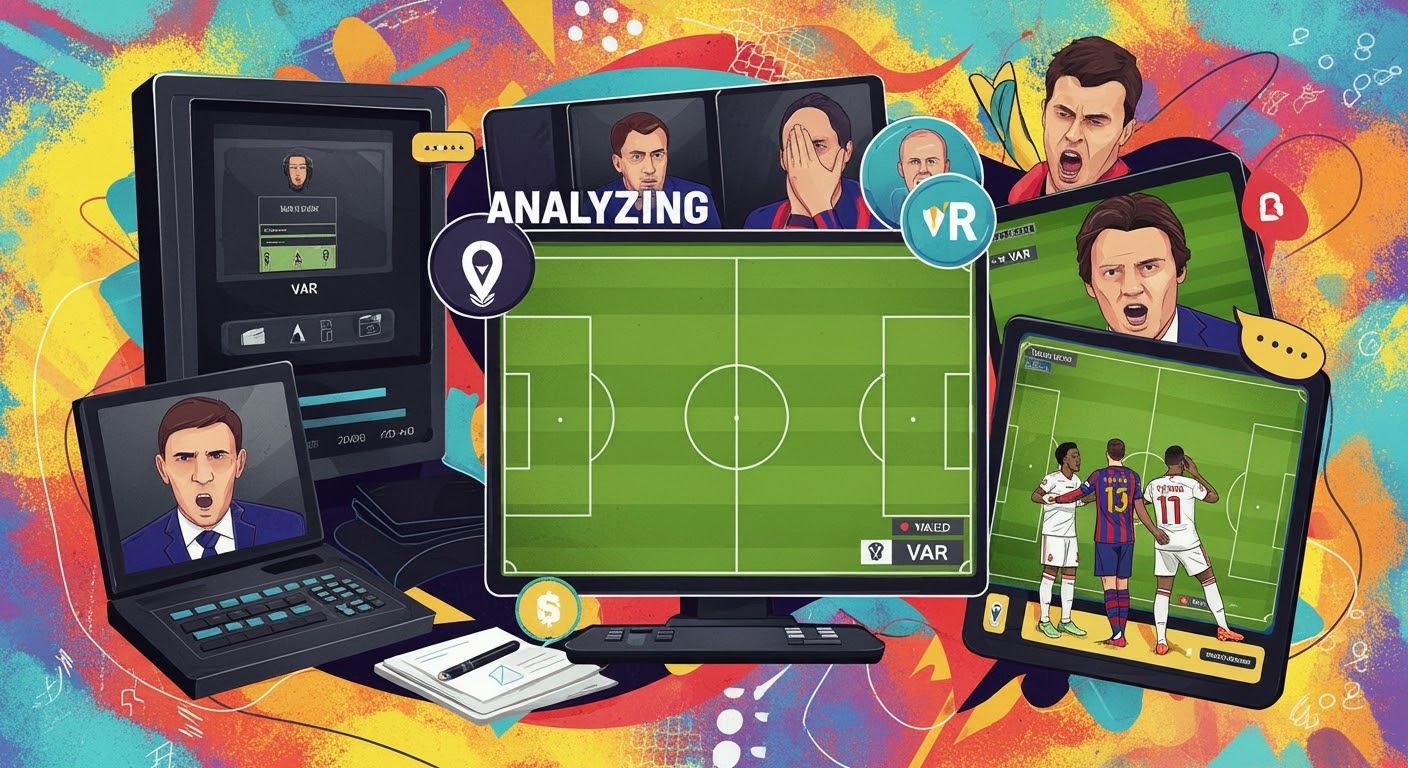
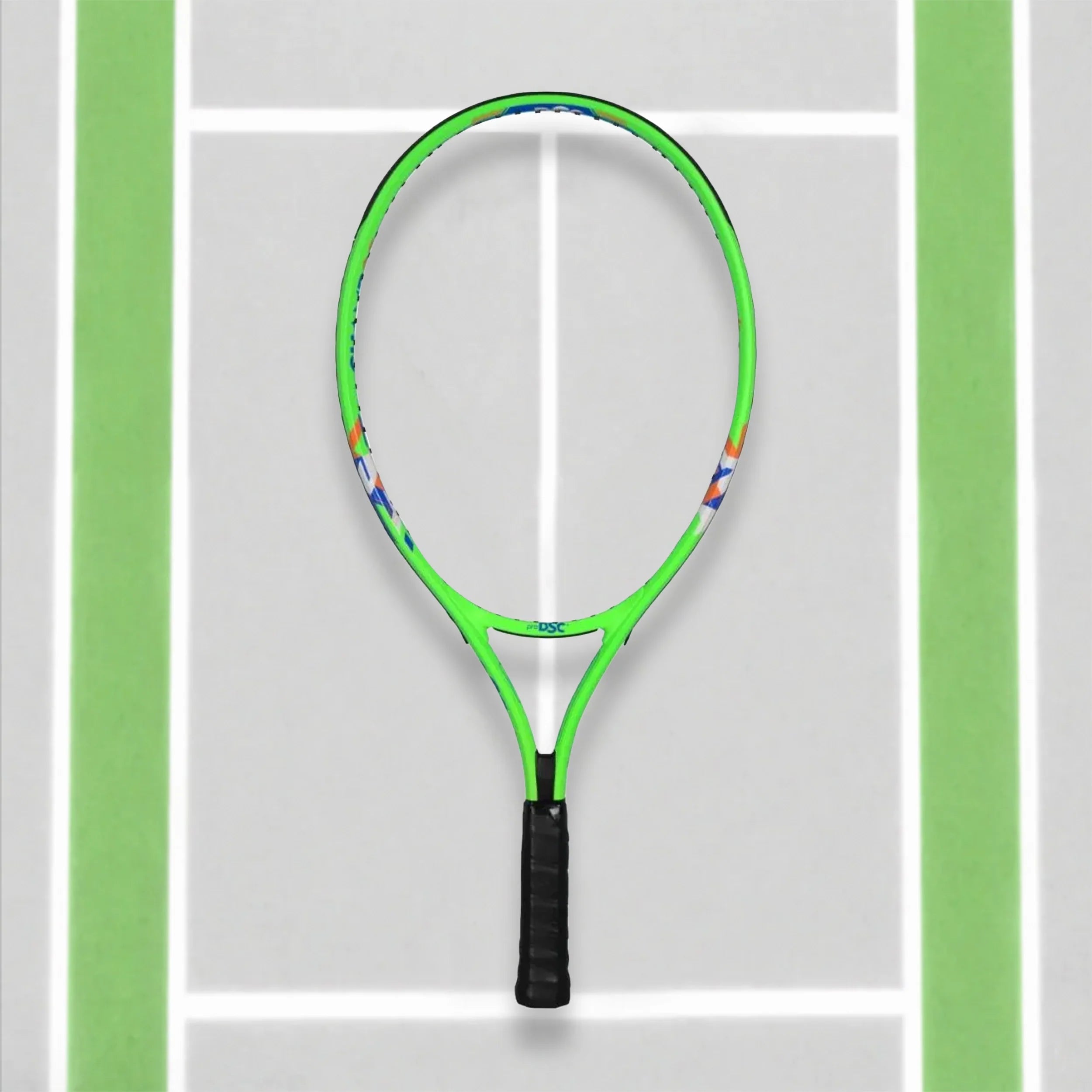
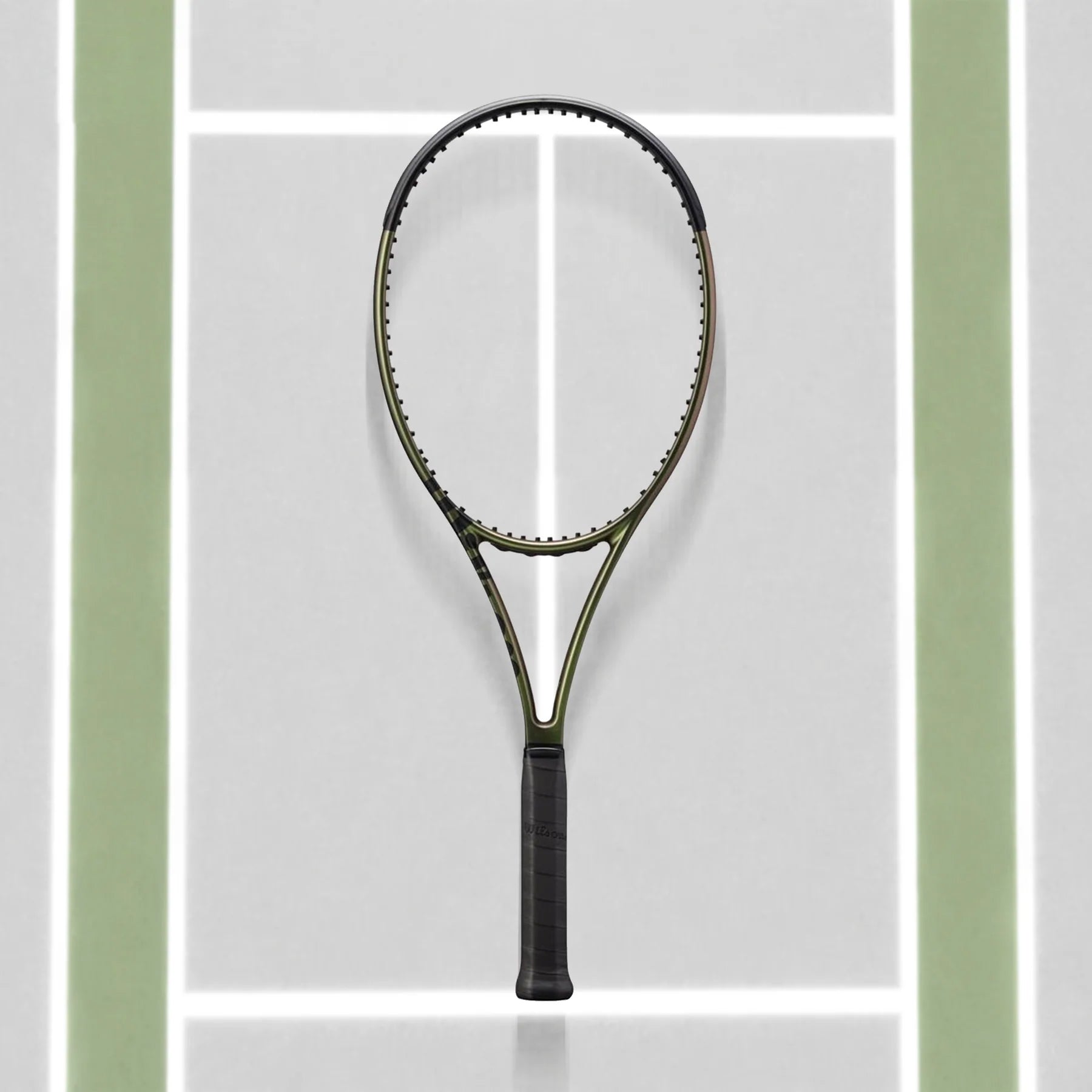

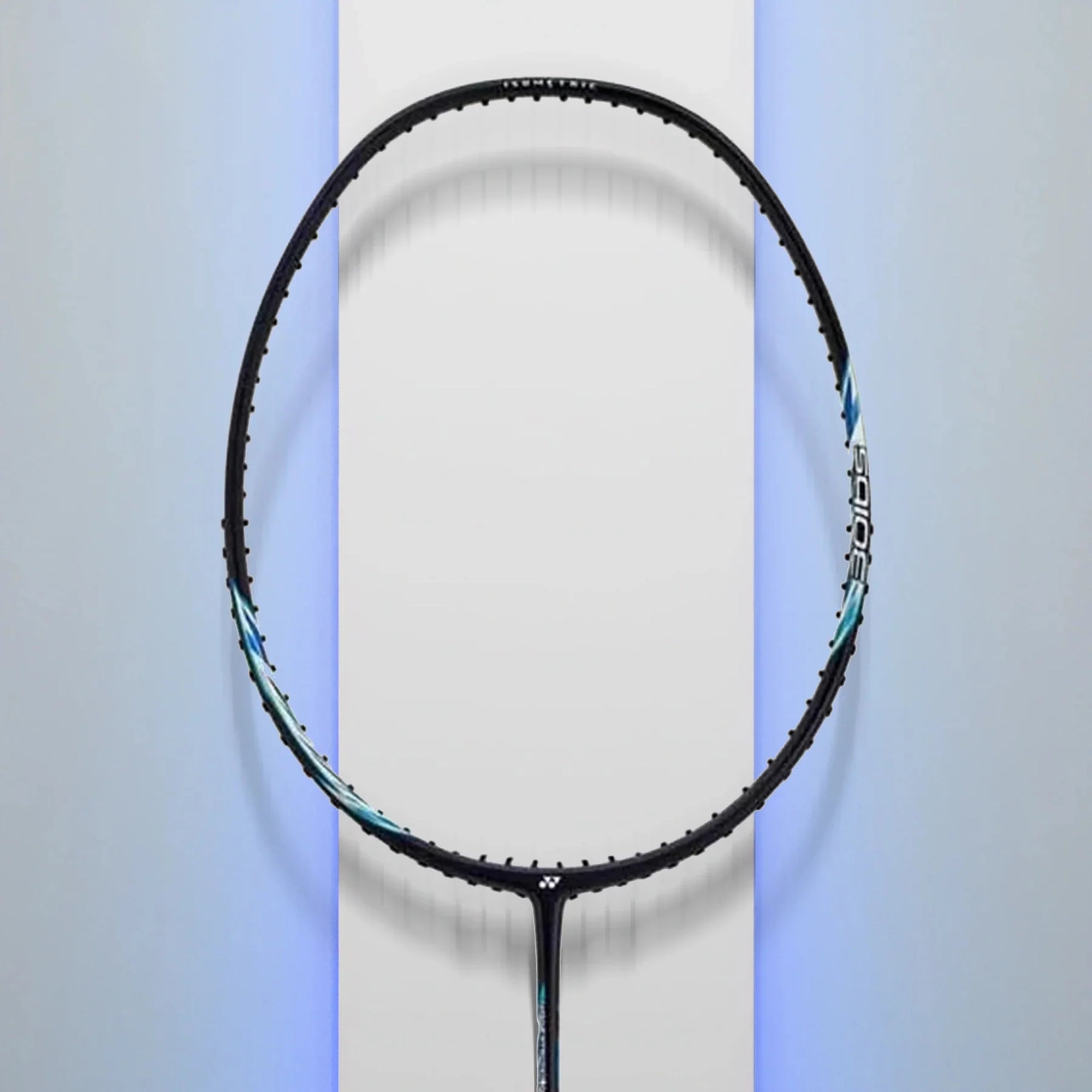
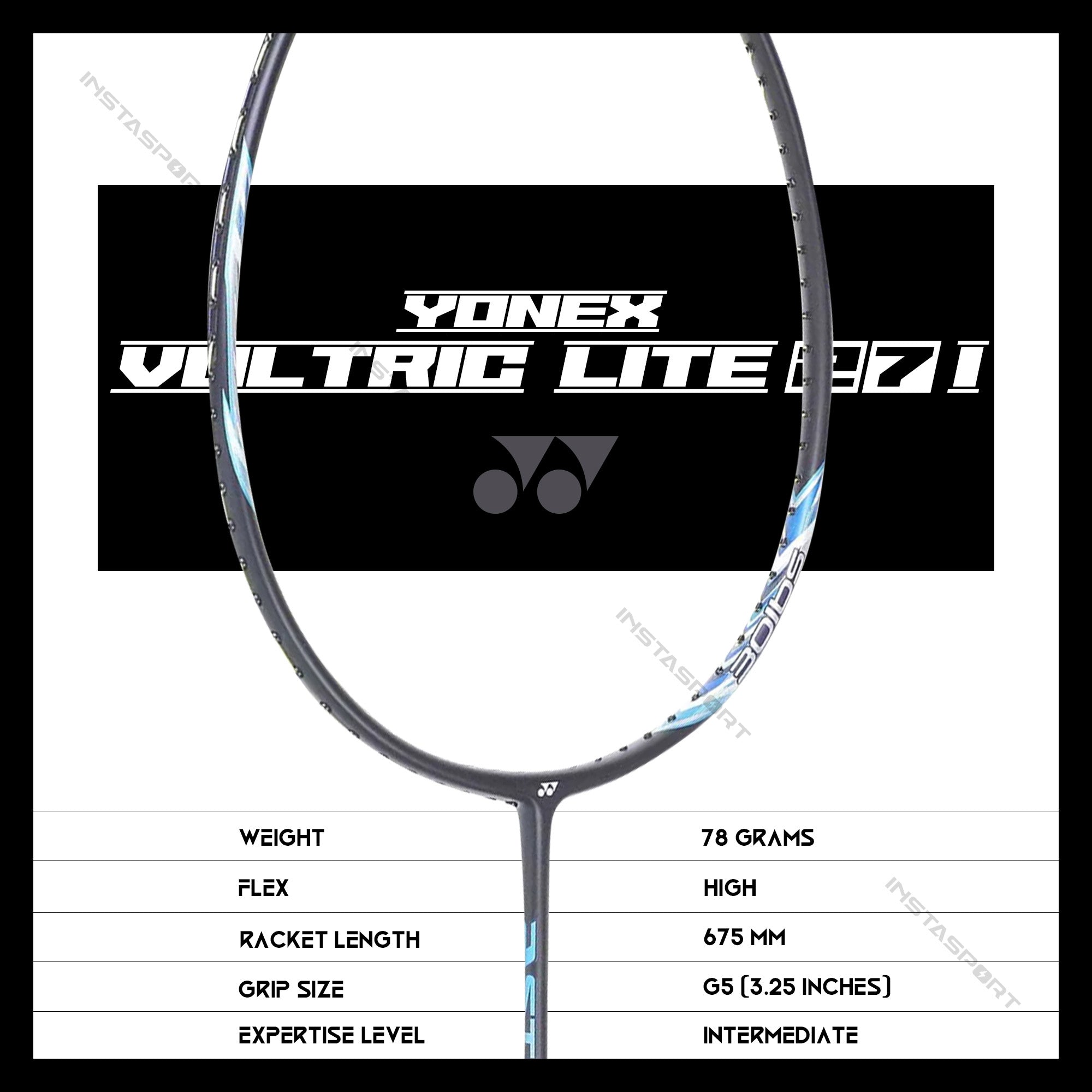

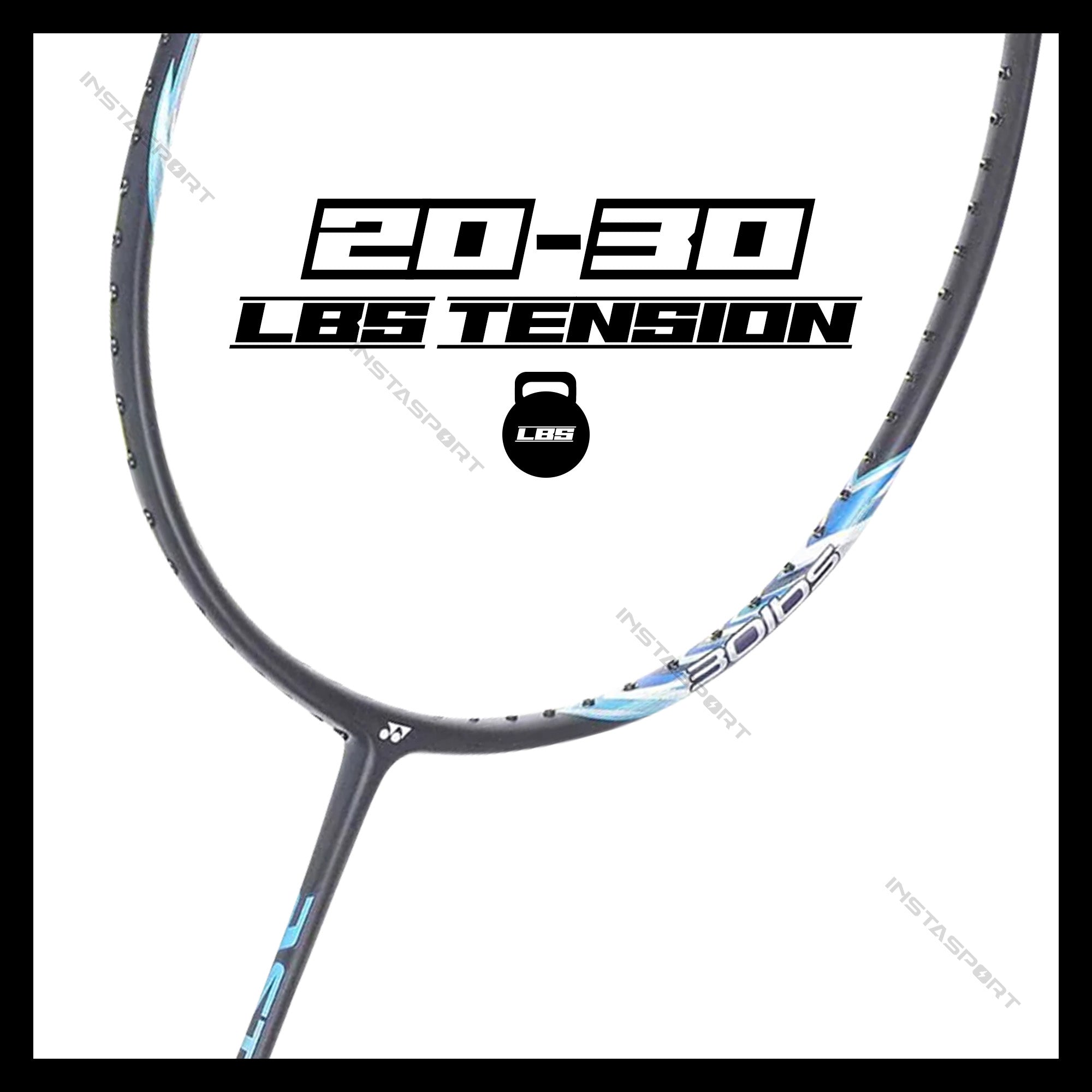








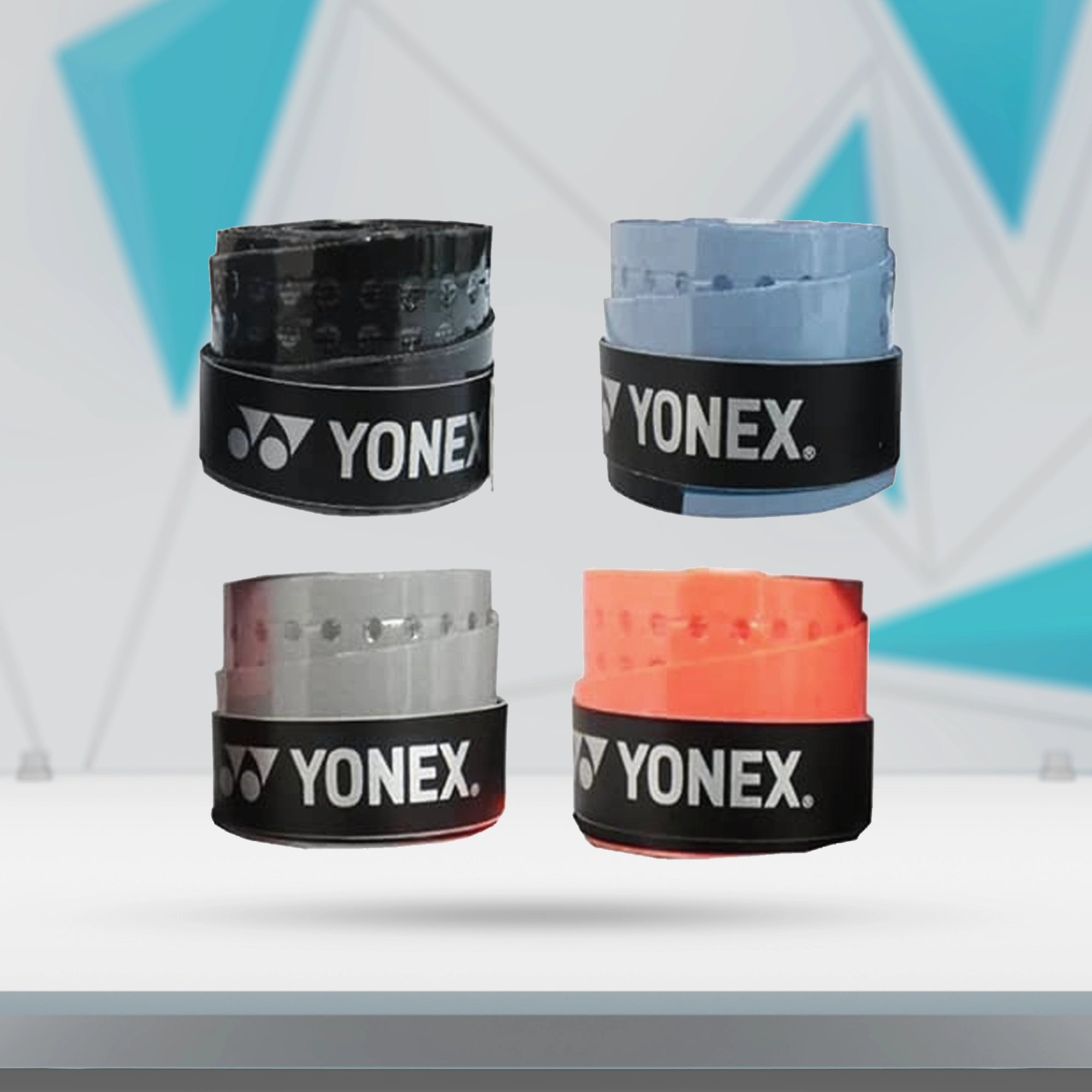
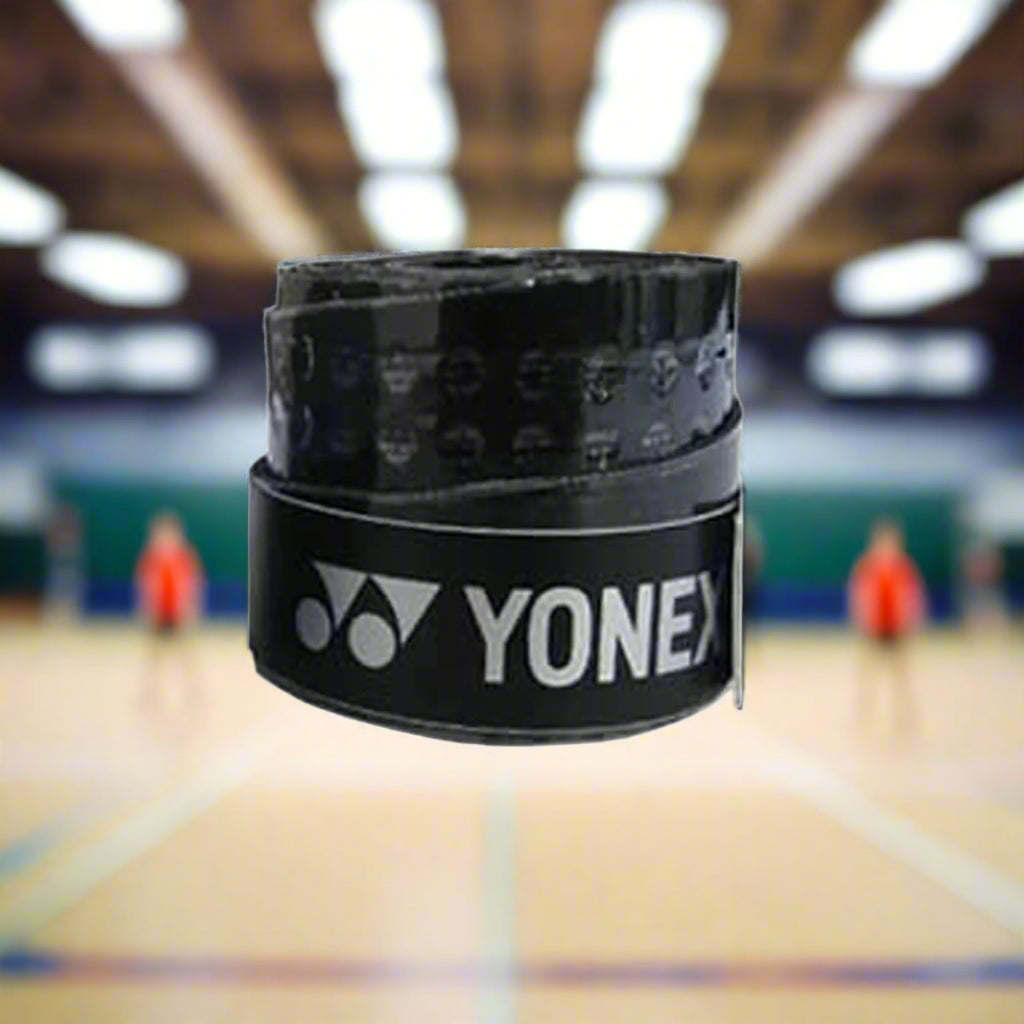
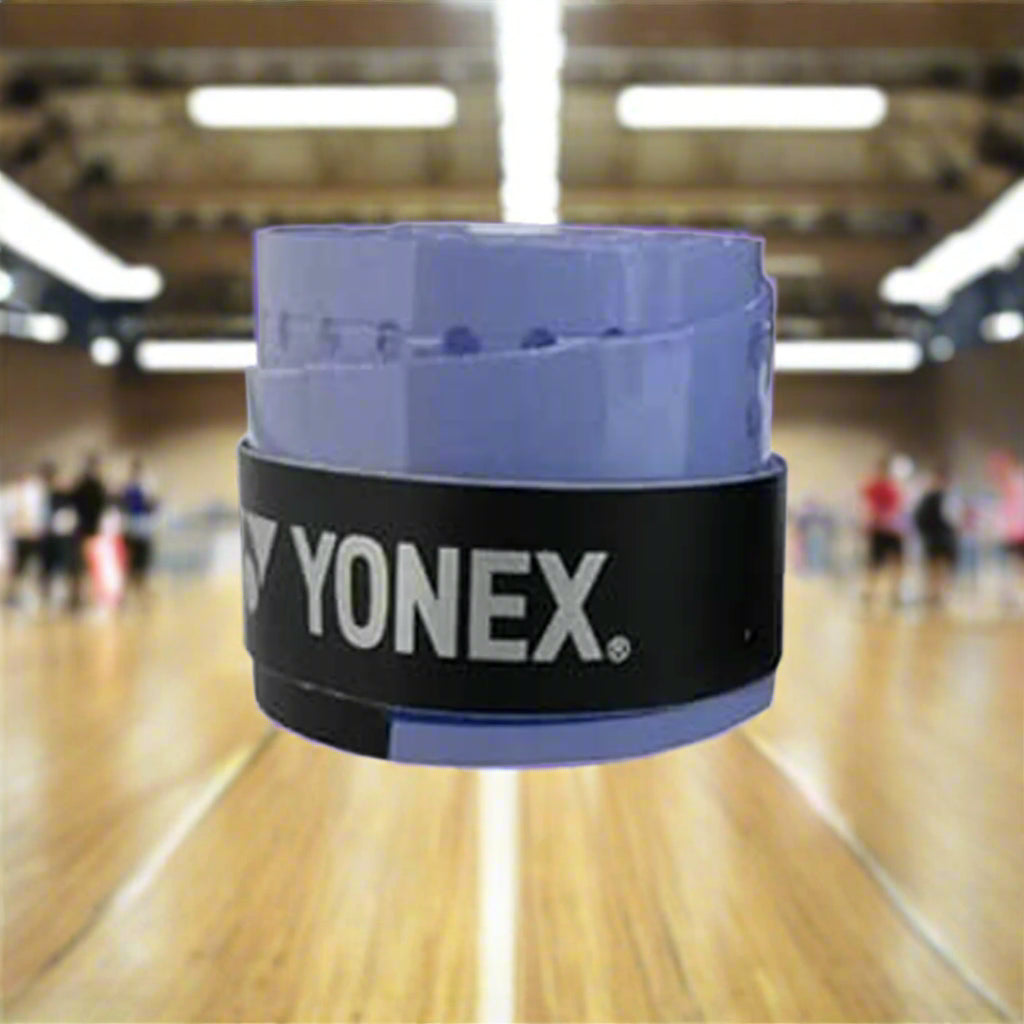
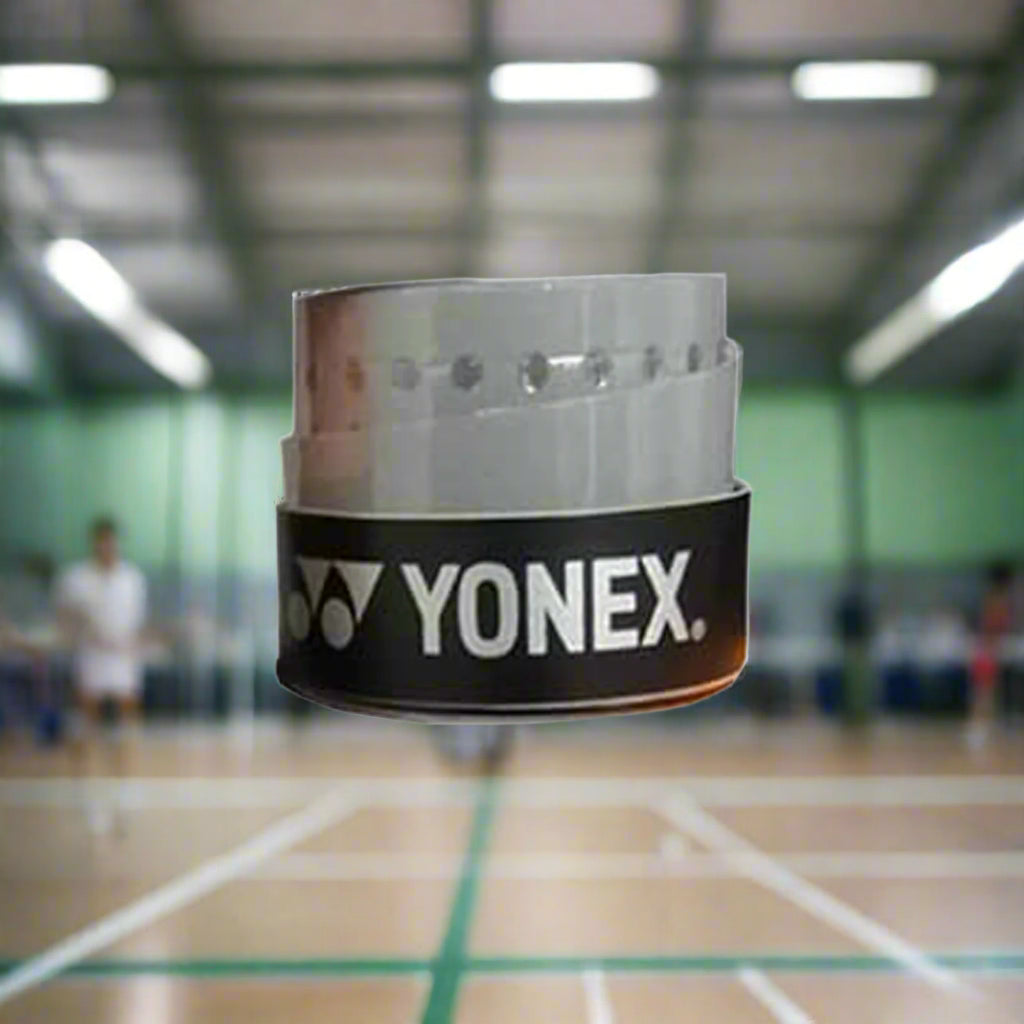
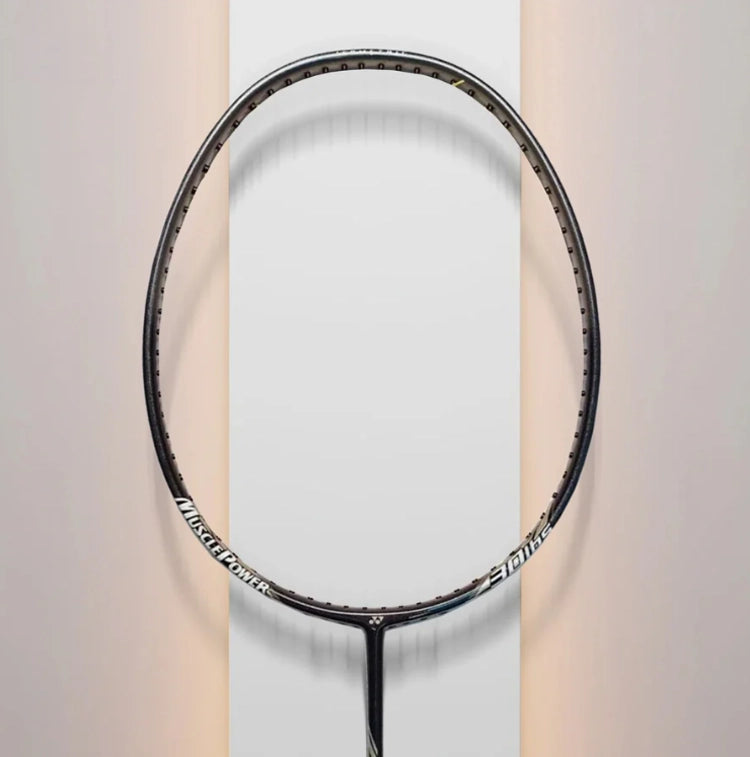





























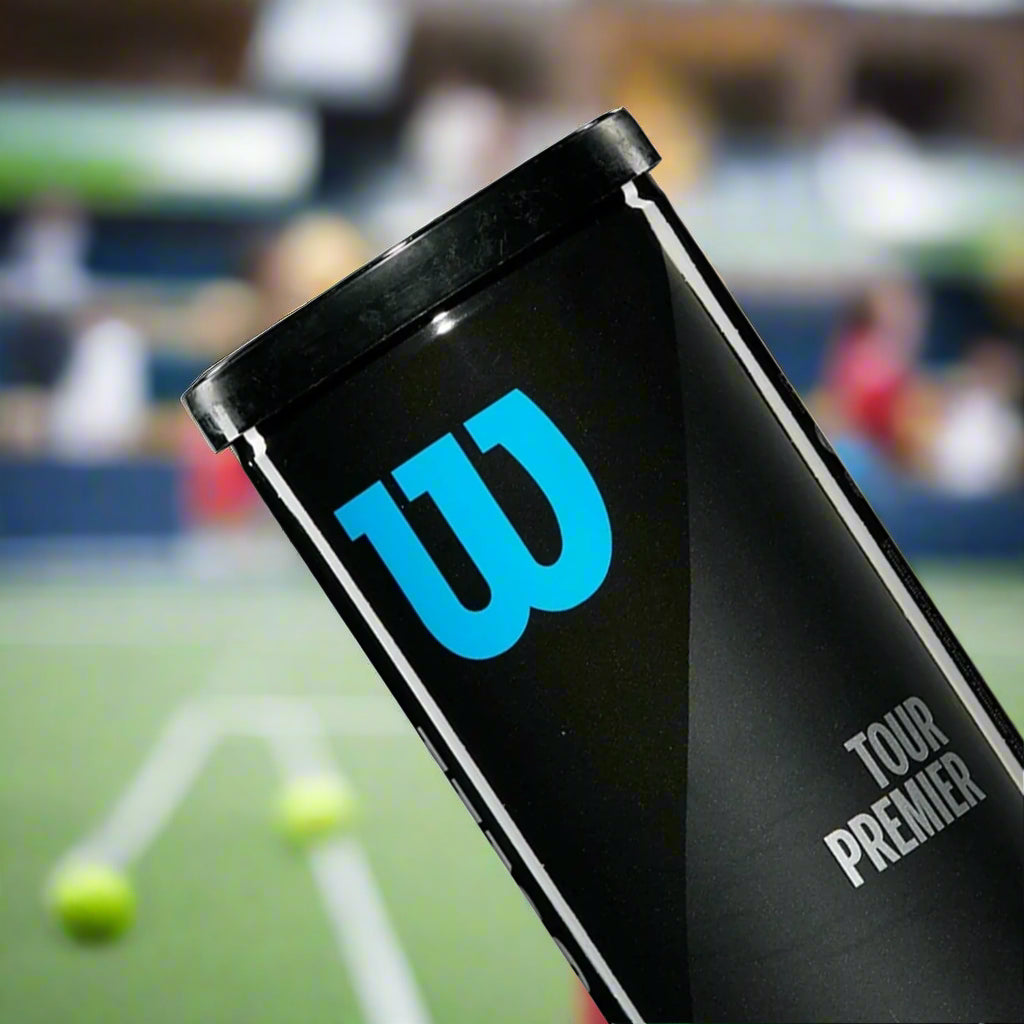










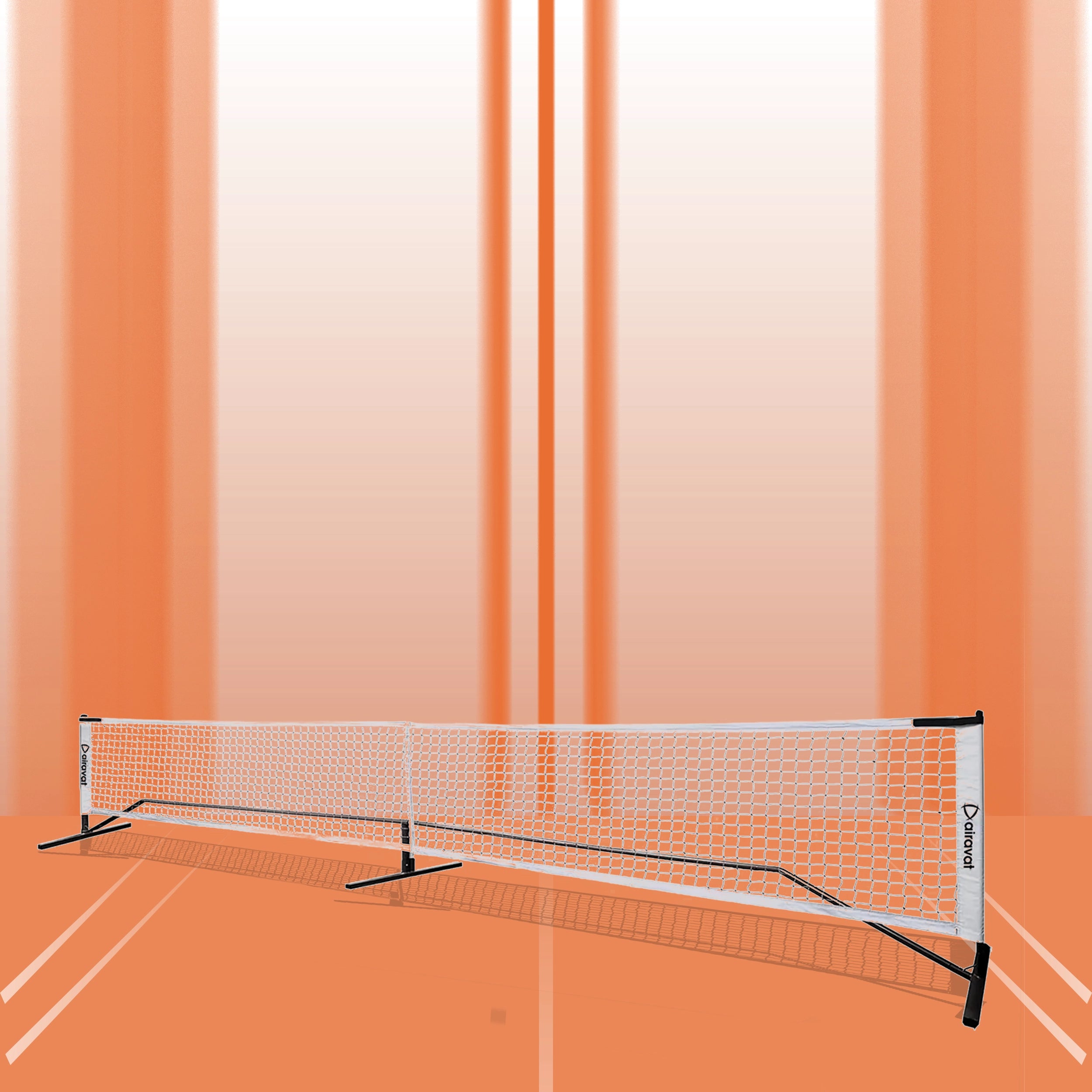

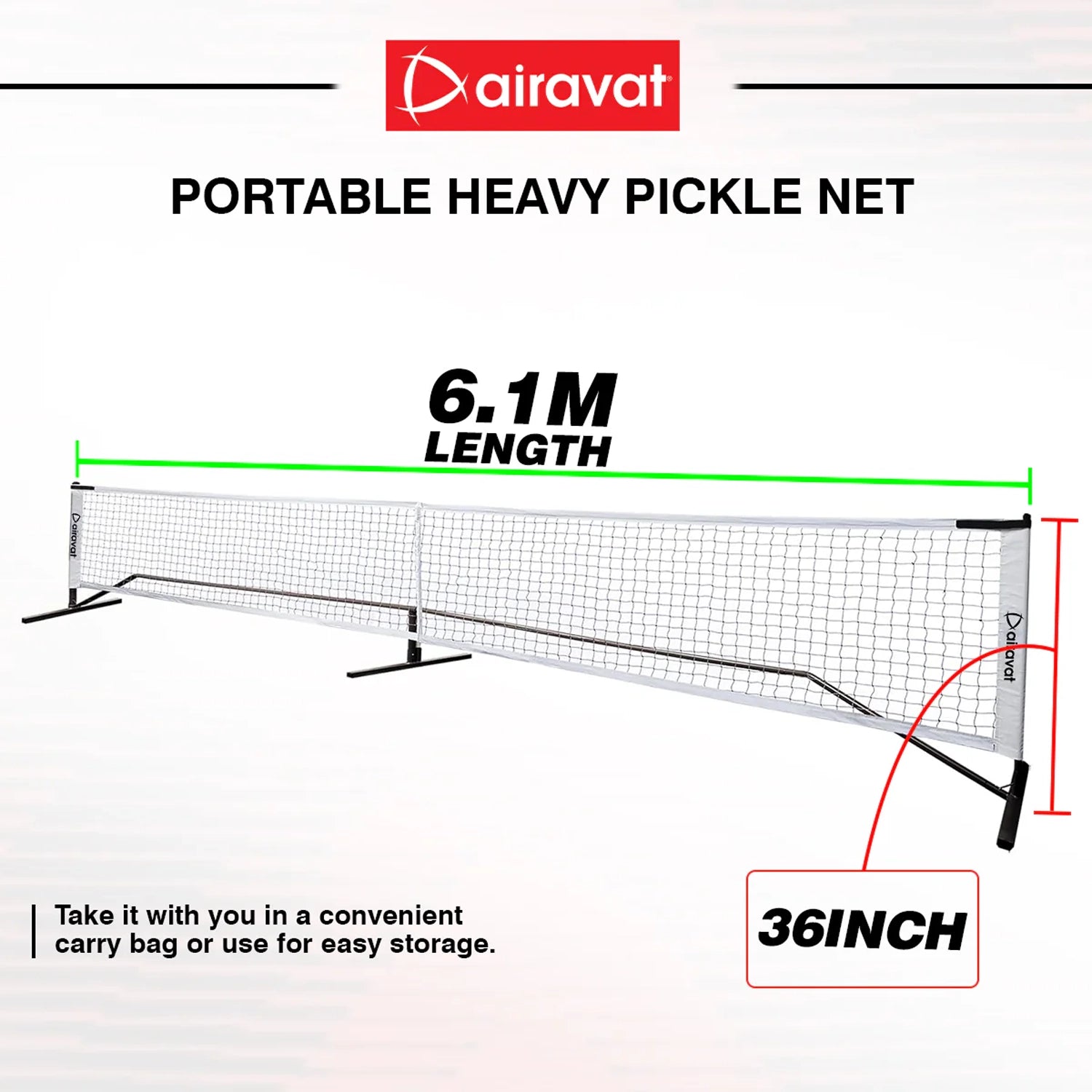

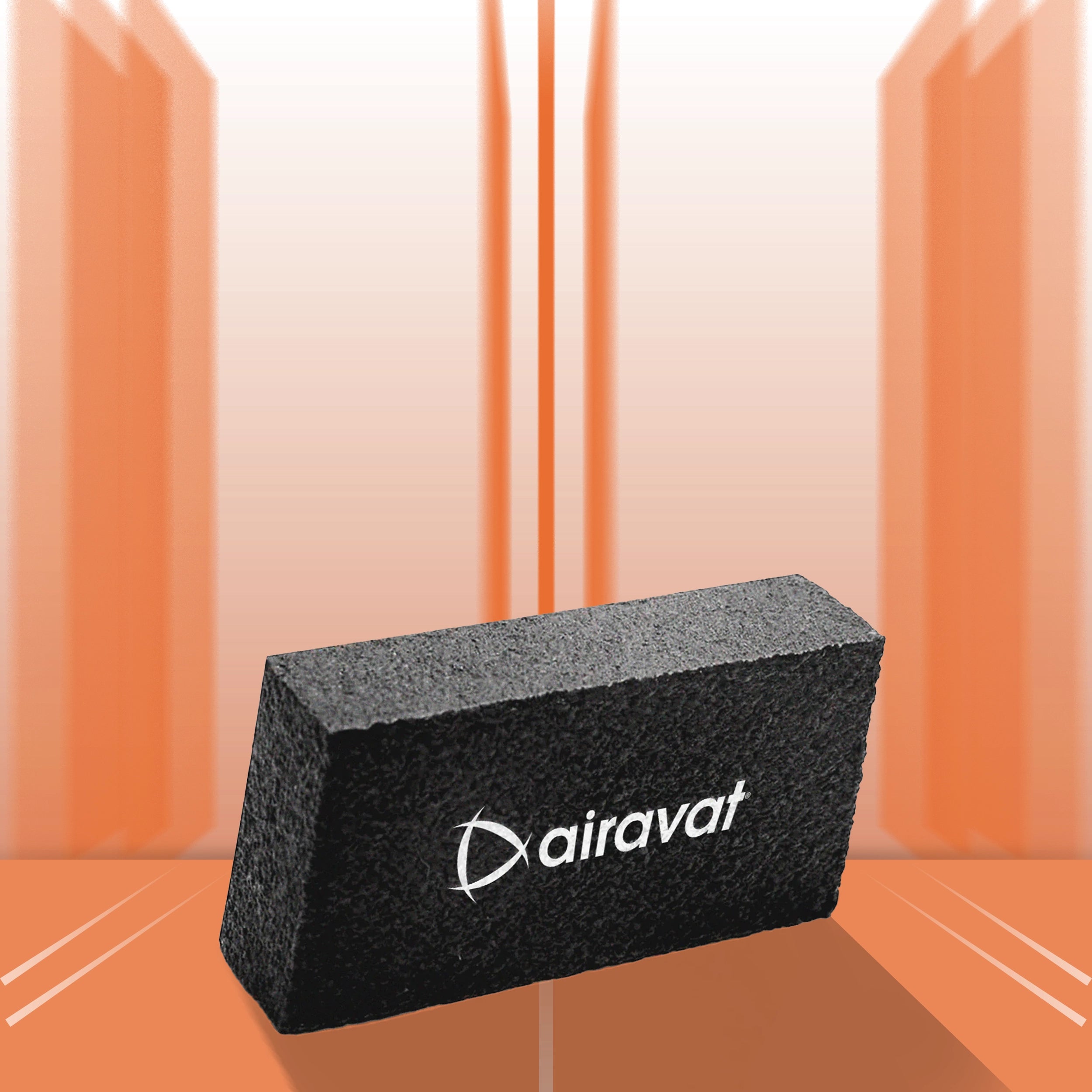
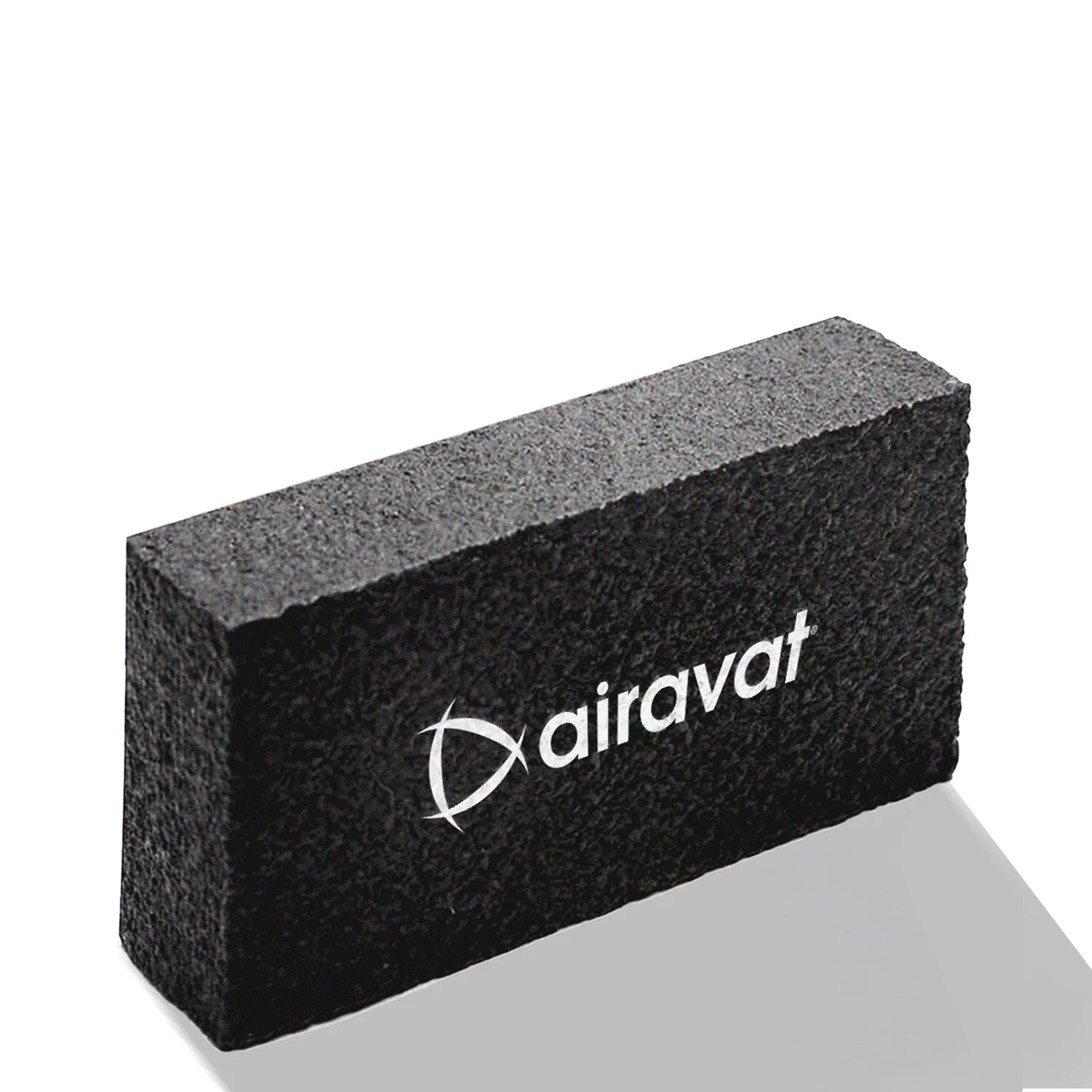

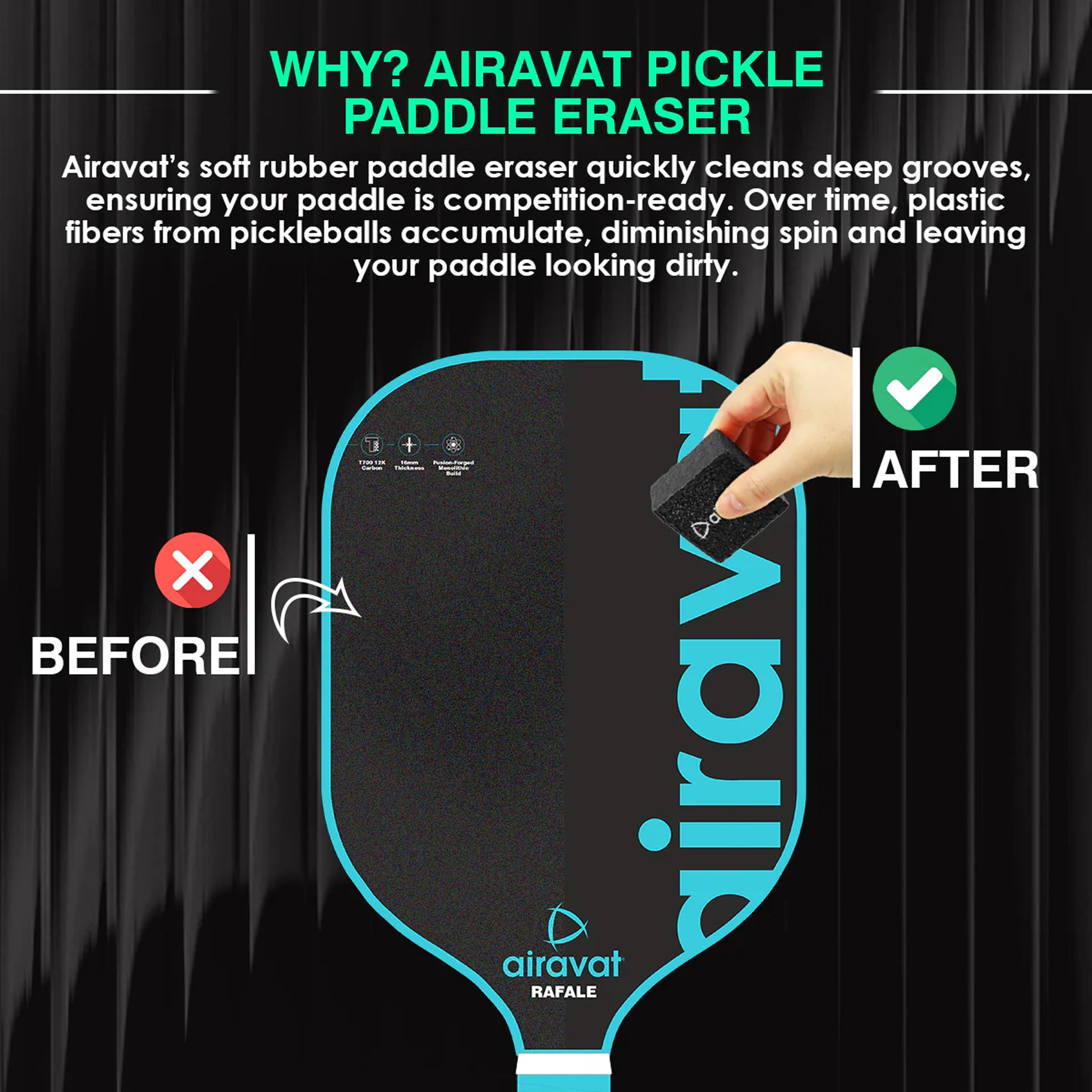








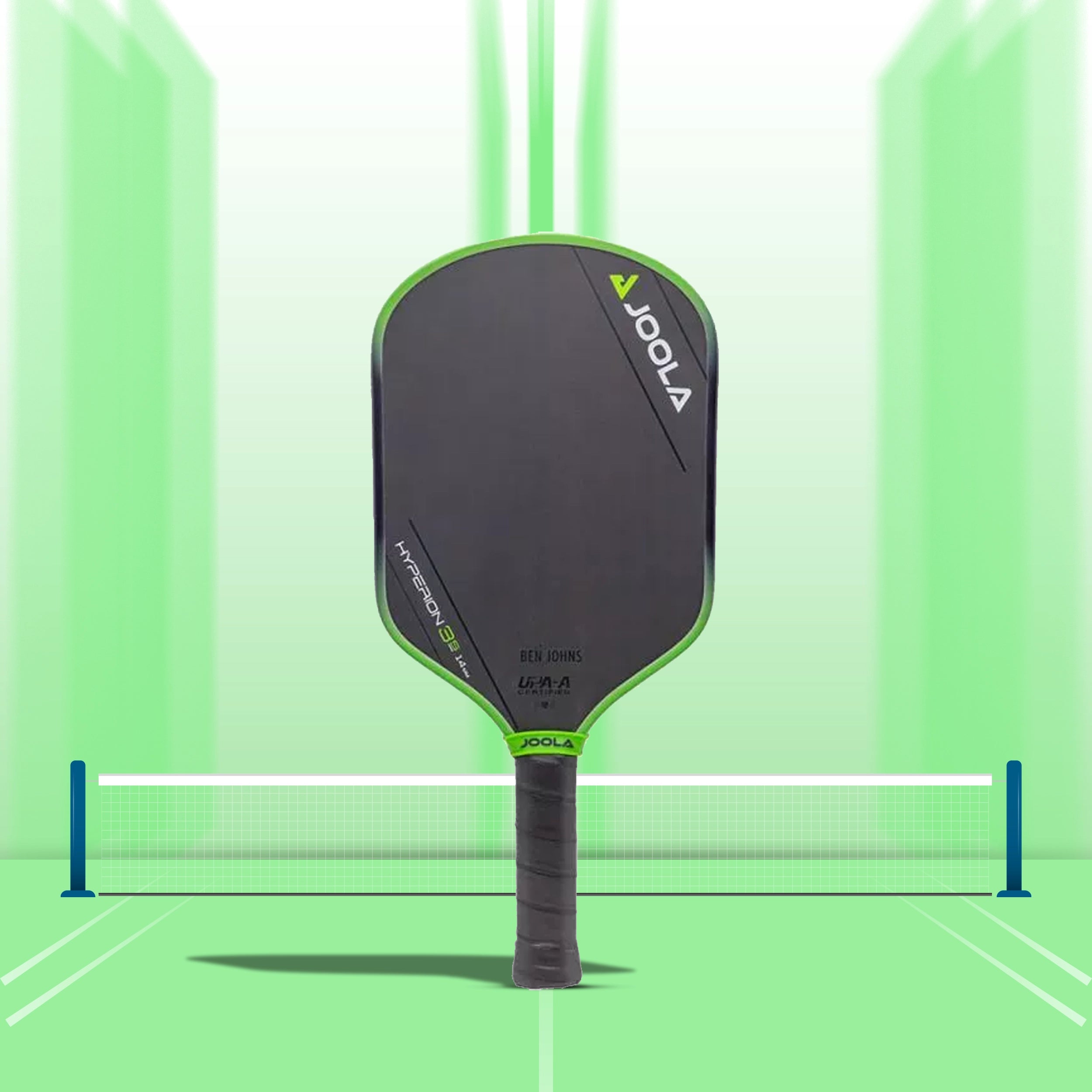














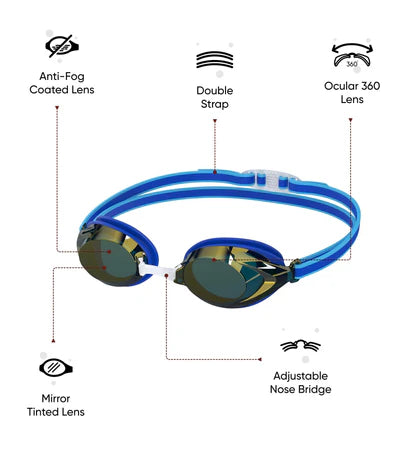
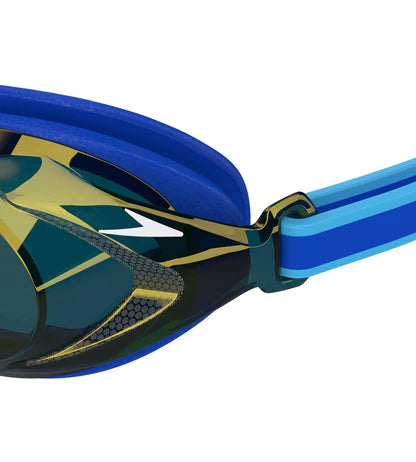
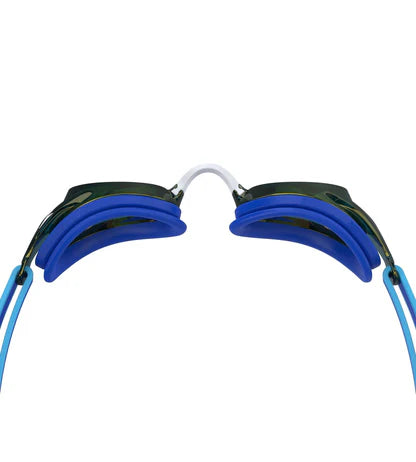



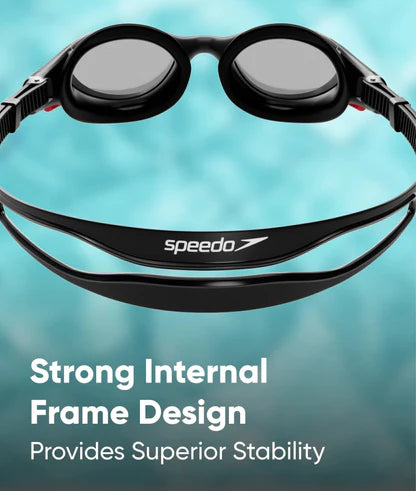


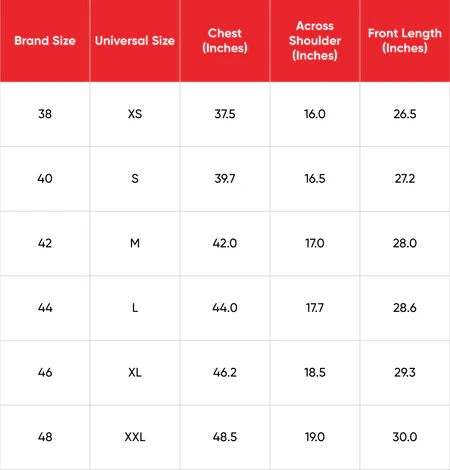

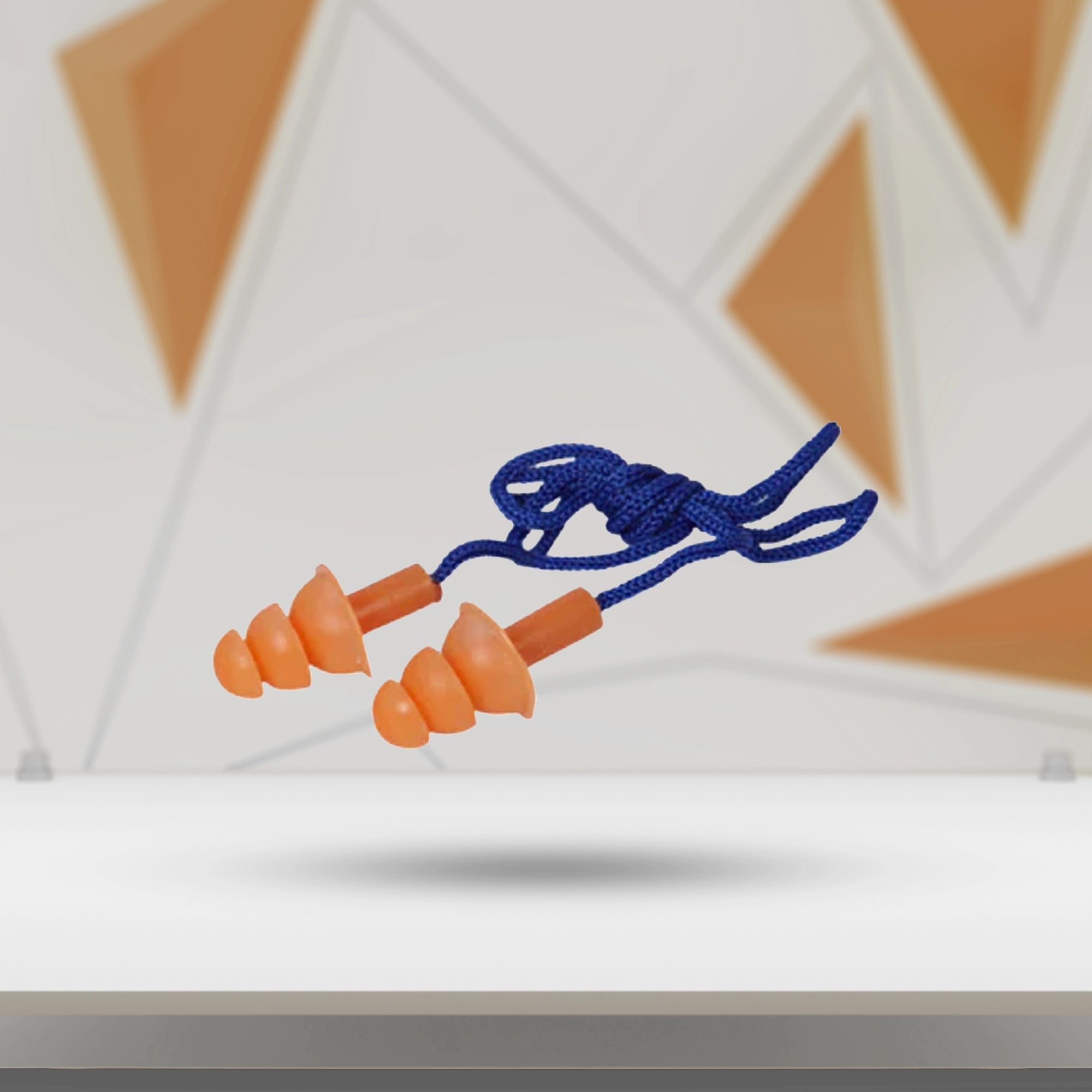
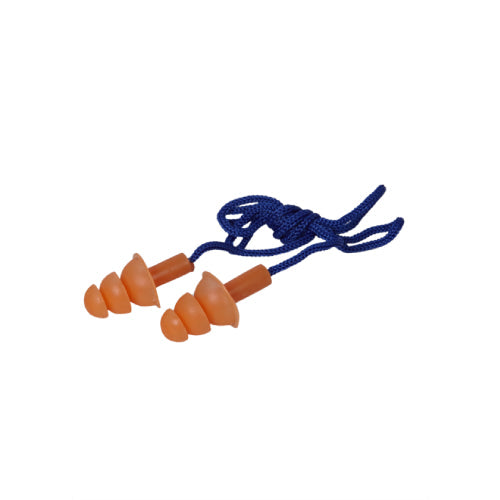
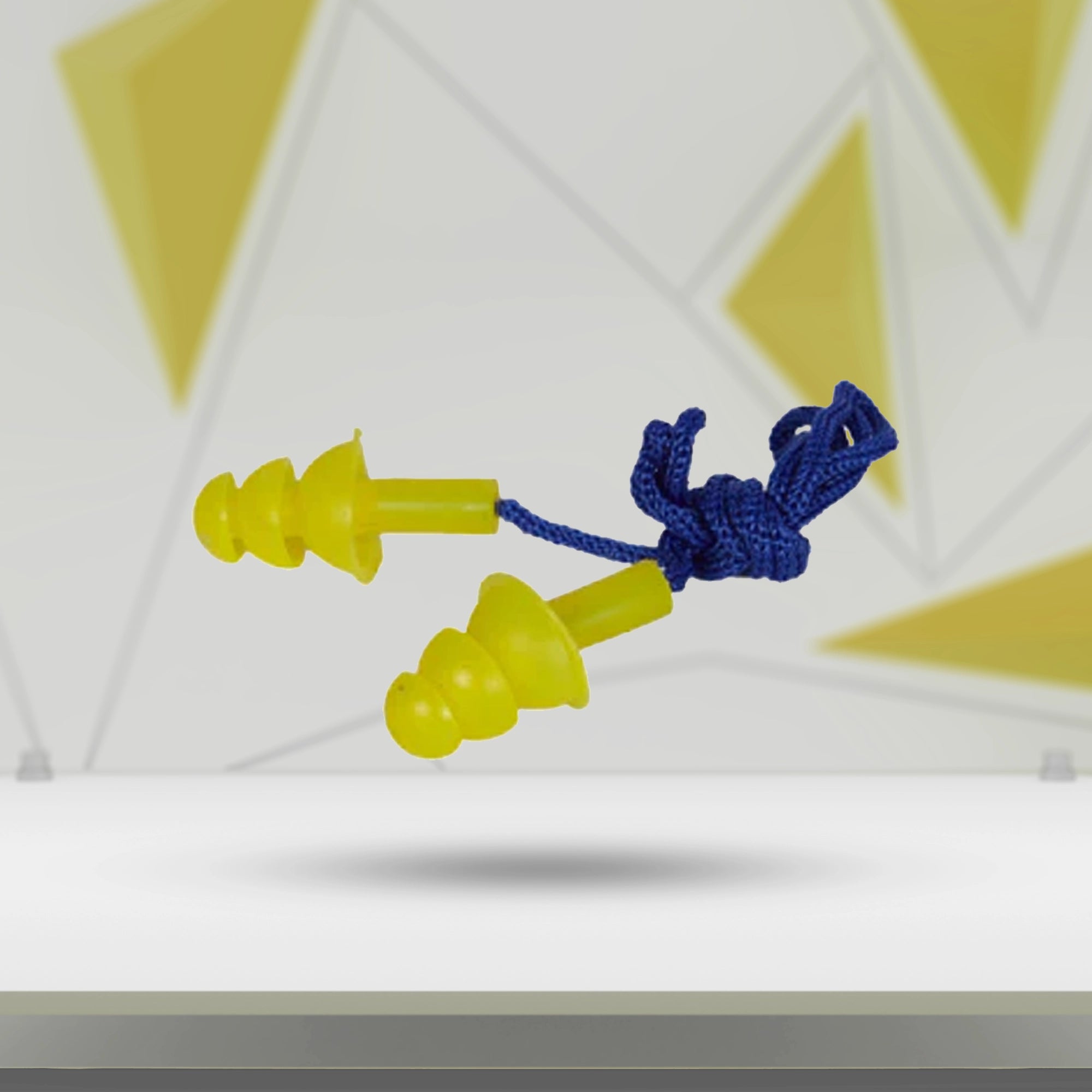


























Share:
The Future of Sports Technology: Your Game Just Got an Upgrade!
The Ultimate Badminton Shoe Showdown: ASICS vs Yonex